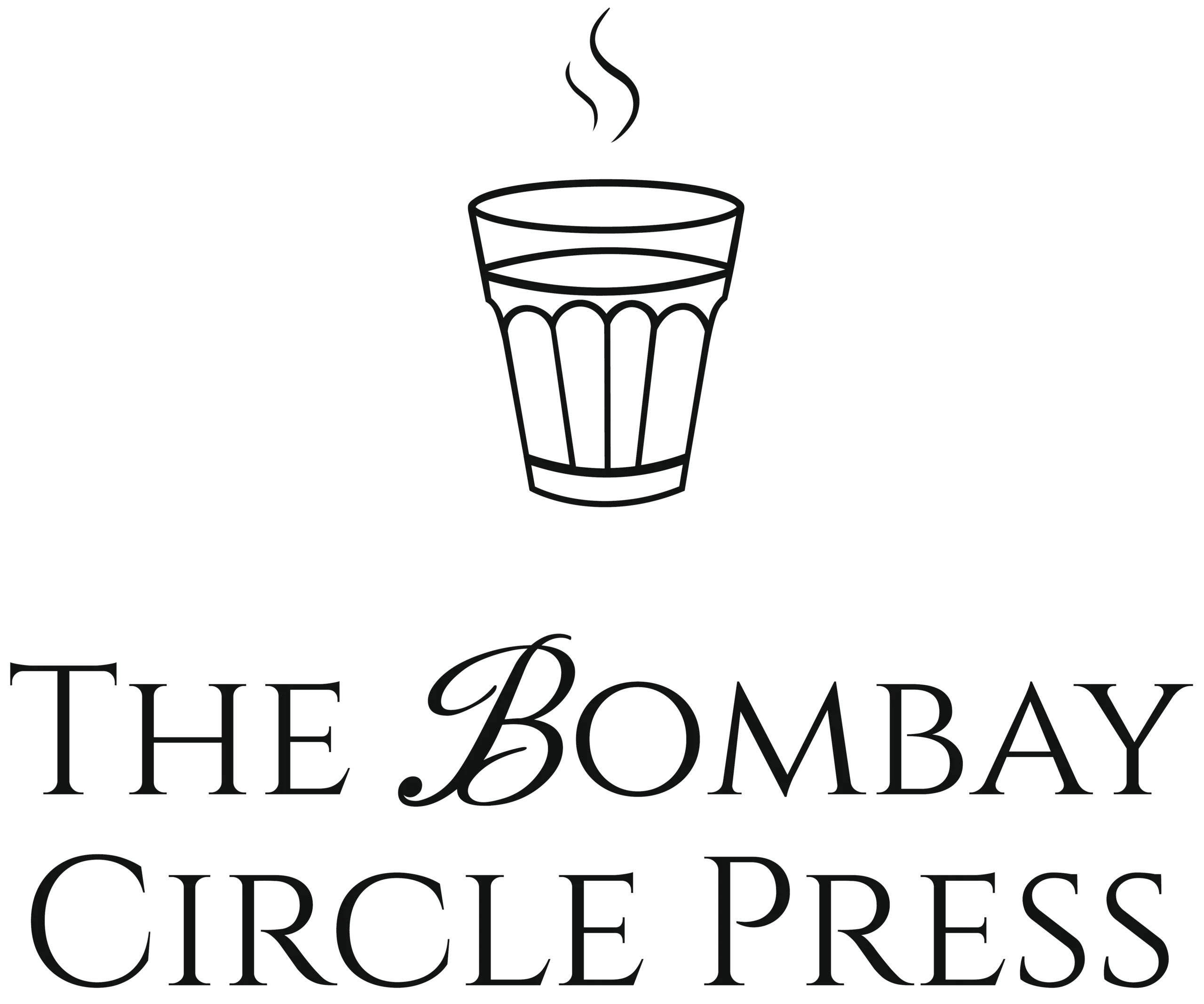In the last decade or so, with the social media boom, the discourse surrounding books, author, publishing trends and the trending genres have all gone through a rollercoaster ride. From Tumblr to TikTok, the aesthetic flat lay photos of novels to read with tea or the giant bookshelves filled with countless books has adorned the feed of every booklover. This has also led readers to discover books from an independent publishing house, self-published authors or lesser known books from other countries and languages.
But what does this mean for authors? Well, to put it simply, this boom has made authors and publishers include social media marketing in their book promotions plans to create a buzz and boost sales. Today, it is not uncommon for authors to have a dedicated social media page wherein they promote their book, book events, writing collaborations or any other announcements related to their work, and connecting with authors. Still, the question remains: how important is social media for an author? And why should they bother to invest their time and energy in book marketing on social media? The Bombay Circle Press will delve into the importance of social media for an author.
- Building a Community
One of the main reasons why authors engage in social media discourse is not only for book marketing but also for building and connecting with a community, whether it’s with other writers, readers, industry professionals or just their fans. This online space allows authors to connect with people from across the globe and expand their connections, gain inspiration and even find their niche.
Not only that, it is also a great way to keep up with the book and publishing industry trends, find literary agents, online magazines for submissions, publishers to pitch their books, create books clubs, collaborate with indie bookstores and libraries to host events and much more. Although it may seem informal, it also provides the other person an opportunity to see a more authentic side of an author. More importantly, it also allows the author to engage with their audience and showcase what their writing and niche genre is about.
- Diverse Marketing Space for the Book and Author
It goes without saying that social media has contributed significantly to making certain books popular, thereby unofficially claiming what are the good non-fiction and fiction books to read. So, the best the authors can do for their novels and readers is dip their toes in this pool of endless book covers and market their book.
One of the biggest benefits of this is that it gives the readers an authentic side of the author wherein readers can see authors talk about their novels in a way they want. Moreover, the lack of physical boundaries makes it easy for the book to be known by a wider audience. An author in the Philippines can easily market their book in, say, Mexico all by posting about it on social media with the right marketing (sometimes even the most unexpected posts go viral overnight, adding to the authenticity). Despite the access to a wider audience, it does create a niche space for the author to discuss the book and writing. This in turn works well because there’s a good chance that you can find potential readers with the right hashtags, review accounts and organic engagement.
- Collaborative Projects
The idea that one can connect with anyone anywhere on social media allows authors to work with other people, whether it’s another author, script writer, charity project, writing retreat and much more. The underlying idea is that you can connect and work with like minded people from across the globe to work on projects that would otherwise not be possible. Thereby broadening their scope of creativity, writing and readership.
- Connecting With Readers
As mentioned earlier, despite social media being an open space for anyone to connect with anyone, it still creates a niche for who an individual’s audience is. The same is true for any author. Not only does social media help one connect and interact with their existing readers, it broadens their scope of finding new readers who might enjoy a certain niche or their writing style.
Since it’s a less formal space, it softens the line of professionalism and lets the audience know more about the author, their writing process, sneak peaks and writing journey. Some authors might just find an audience based on how they save their WIP docs! The idea is to simply be more accessible to one’s readers.
To conclude, with the rise of social media, and along the same lines, Booktok, Booktube and Bookstagram, for authors to stand out, it is crucial that they invest in building an online presence. This doesn’t just help them with their book marketing, but also helps them connect with their contemporaries and readers, along with keeping up with the latest trends and news about the industry.


